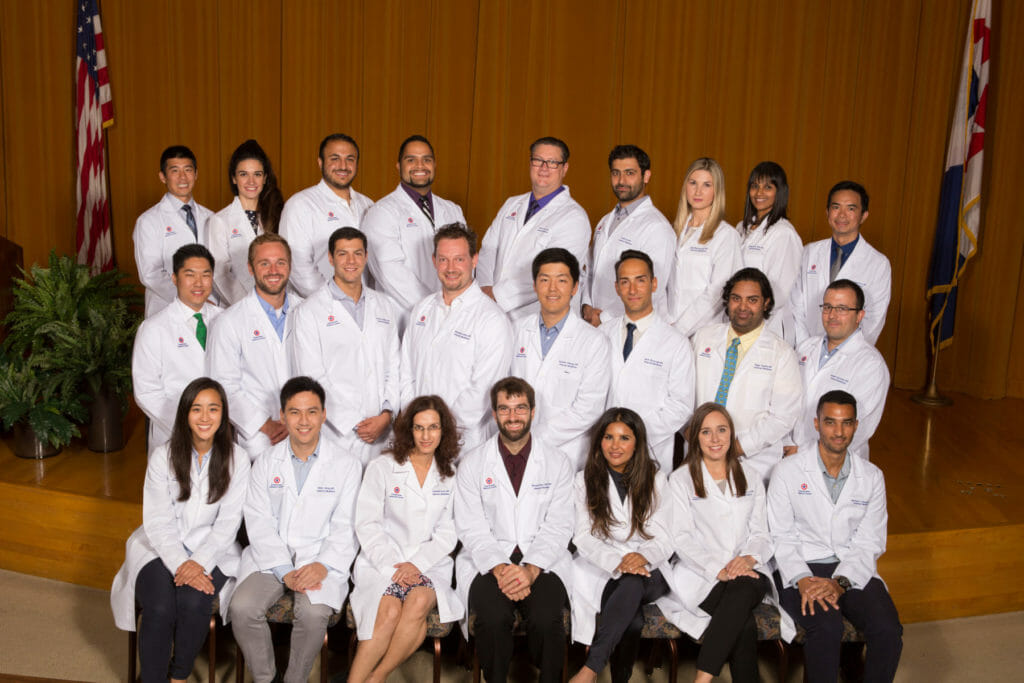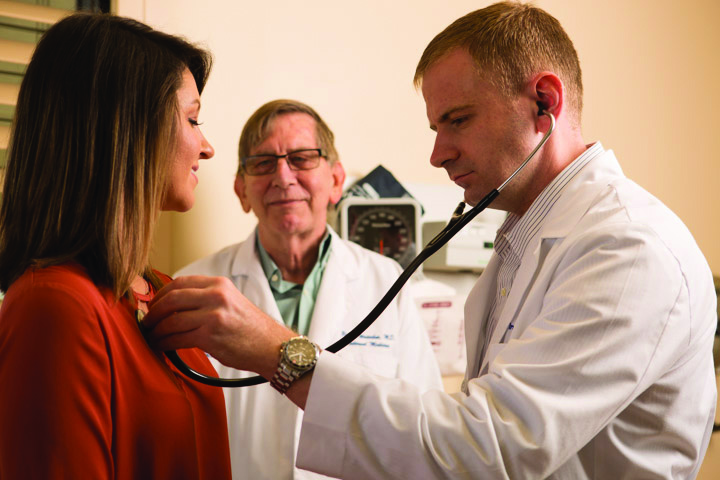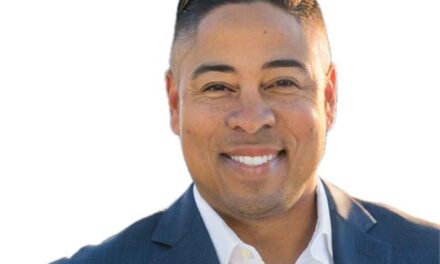Americans could easily be jockeying for a space in line to see a doctor in the years ahead.
An already pronounced shortage of physicians in the U.S. is going to grow worse, according to a recent report from the Association of American Medical Colleges (AAMC).
The report estimates a shortfall ranging from 34,600 to 88,000 doctors by 2025, compared to what the nation’s growing and aging population may need. By 2030, the shortfall is expected to total anywhere from 40,800 to 104,900 doctors.
Couple that with the idea that by 2030, the number of Americans over the age of 65 will grow by 55 percent, according to the AAMC making the physician shortage projections especially troubling since as people age because they typically need more health care services.
To help address the physician shortage, Eisenhower Health, the Coachella Valley’s first accredited teaching hospital, this month filled 20 internal medicine spots and 12 family residency spots on Match Day. A preponderance of Eisenhower’s residents has close ties to California. The remainder comes from throughout the country.
The new physician residents will arrive on June 18 for a two-week orientation and will begin working after that in July.

Last year’s class of residents who began their respective programs in 2017 at Eisenhower Health. (Photo courtesy of Eisenhower Health)
Eisenhower became an accredited Teaching Hospital in 2011 and welcomed its first residents in Internal Medicine and Family Medicine in 2013.
In December, for the second consecutive year, Eisenhower Health was named a Top Teaching Hospital by The Leapfrog Group.
The Leapfrog Top Hospital award is widely acknowledged as one of the most competitive honors American hospitals can receive. The Top Hospital designation is awarded by The Leapfrog Group, an independent hospital watchdog organization.
“To be recognized nationally as a top teaching hospital by The Leapfrog Group is truly an honor, and a testament to the excellent patient care our team provides each and every day,” G. Aubrey Serfling, president and CEO of Eisenhower Health, said at the time.
The 2018 Main Residency Match was the largest in the history of the National Resident Matching Program® (NRMP®). A record-high 37,103 applicants submitted program choices for 33,167 positions, the most ever offered in the Match. The number of available first-year positions rose to 30,232, an increase of 1,383 over 2017.
The results of the Match are closely watched because they can be predictors of future physician workforce supply.
For some context on Eisenhower’s Internal Medicine and Family Residency matches, consider that of the 30,232 first-year positions offered, 14,695 were in the primary care specialties of Family Medicine, Internal Medicine, Internal Medicine – Pediatrics, Internal Medicine – Primary, and Pediatrics; of those, 14,333 (97.5 percent) were filled and 7,104 (48.3 percent) were filled by U.S. allopathic seniors. Since 2014, the number of primary care positions has grown by 1,713, a 13.2 percent increase. Below are highlights from 2018:
- Internal Medicine programs offered 7,542 positions, 309 more than in 2017; 7,363 (97.6%) positions filled, and 3,195 (42.4%) filled with U.S. allopathic seniors. The number and percentage of U.S. allopathic seniors matching to Internal Medicine has declined every year since 2015.
- Family Medicine programs offered 3,629 positions, 273 more than in 2017; 3,510 (96.7 percent) positions filled, and 1,628 (44.9 percent) filled with U.S. allopathic seniors. Since 2009, the number of U.S. allopathic seniors matching to Family Medicine has increased every year.







